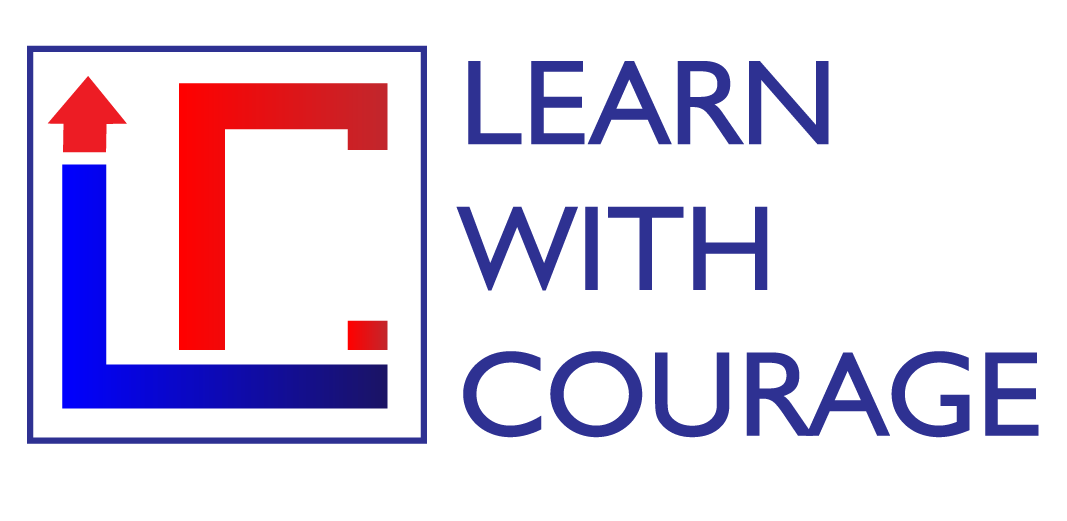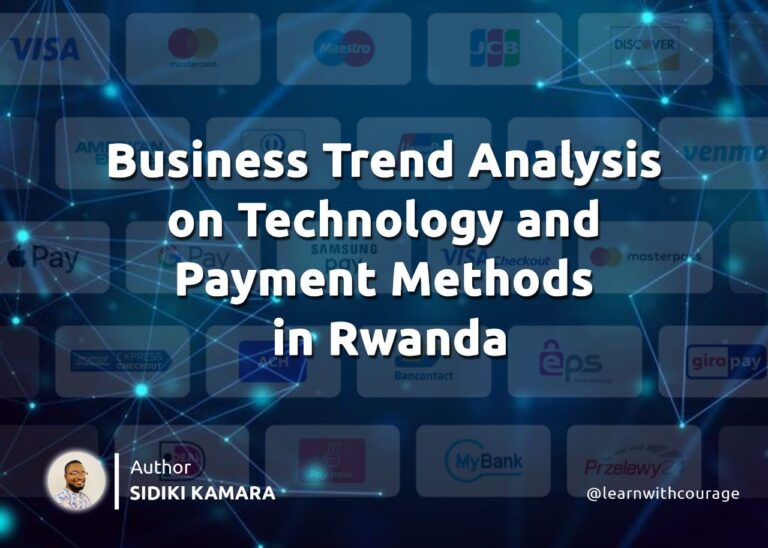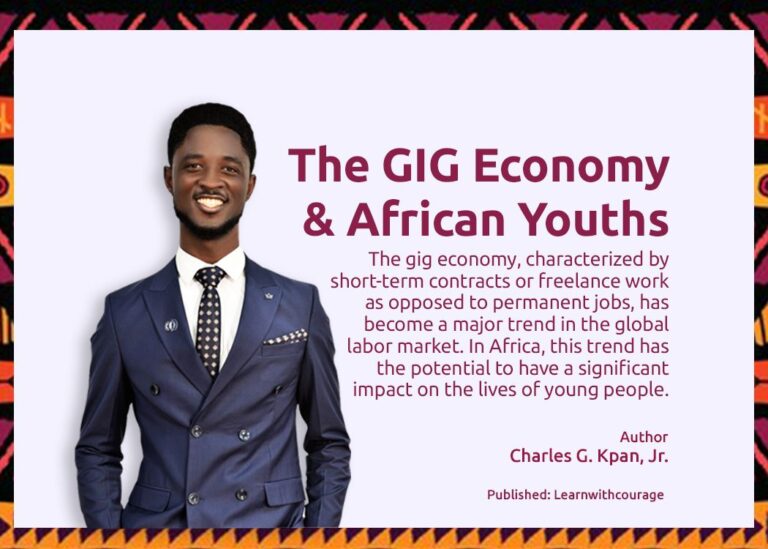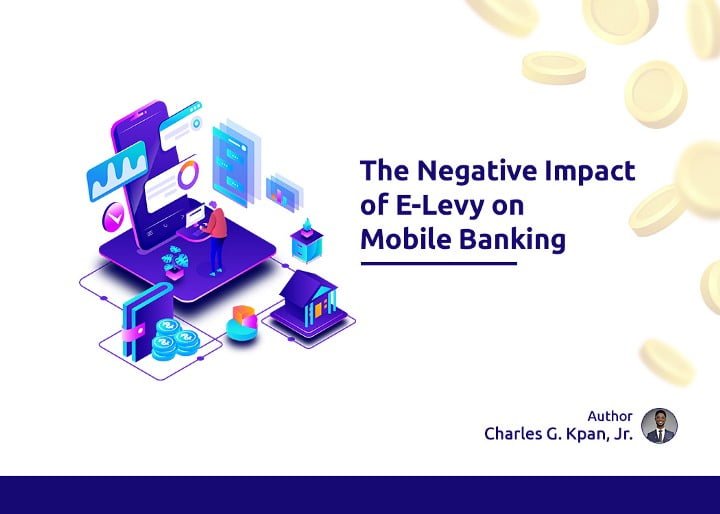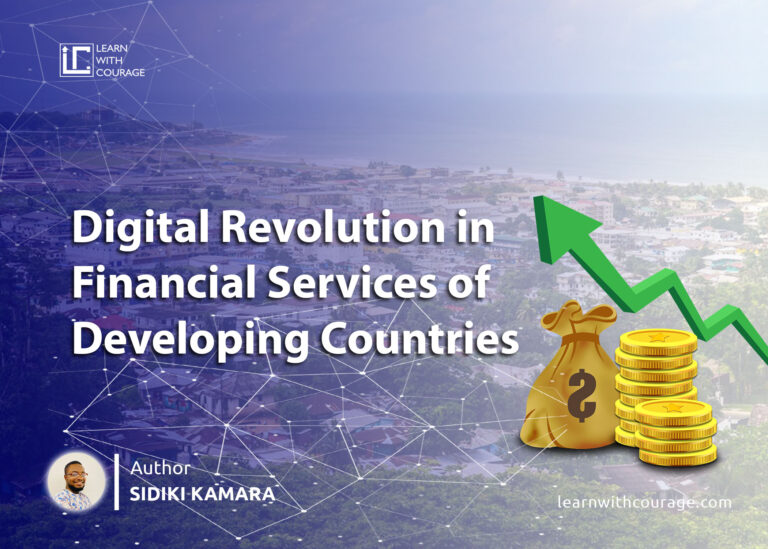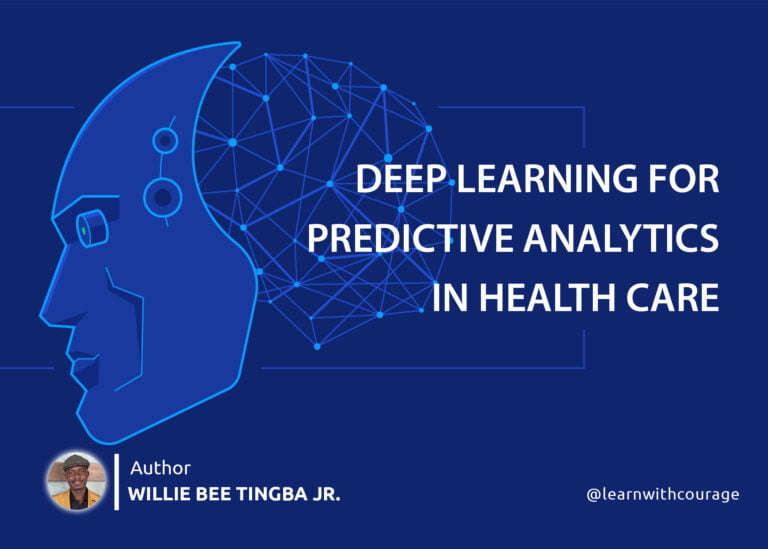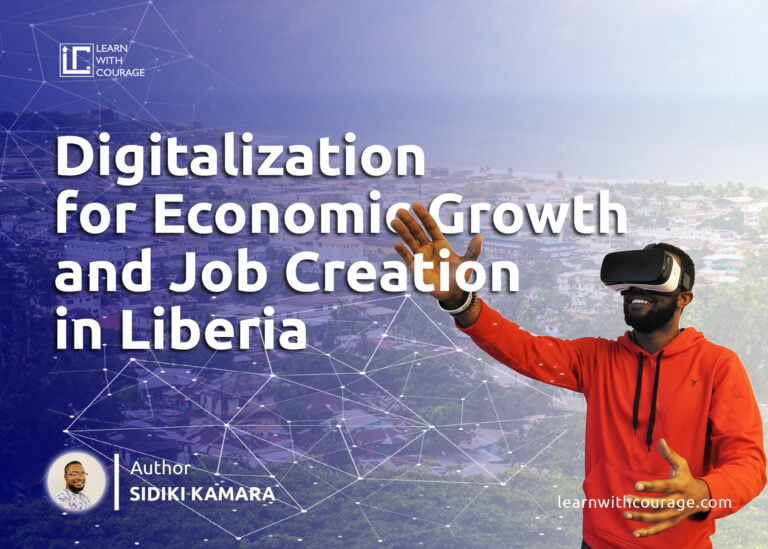Africa; Combating the digital divide for rapid economic growth and industrial development.
It is so amazing to see how other countries are thriving in connecting the unconnected, allowing ordinary people to afford access to the internet and connect with their families and friends. Most importantly, they research and find opportunities to widen their career objectives. But one may ask, why is Africa not moving in that direction as quickly as possible, and how can they solve that problem by connecting the unconnected? This article will discuss the digital divide, its fears, benefits, and solutions.
Africa is not moving in this direction as quickly as possible due to a lack of proper funding and infrastructure development. Currently, Africa is the least connected continent, with only a quarter of its 1.3 billion people connected to the internet, which means that more people are still not connected to the internet.
How can Africa solve this problem by connecting the unconnected?
In other to help and aid Africa, companies like Google started in 2011 with the Africa Coast to Europe (ACE) project, and Facebook later joined the race in 2020, bringing the total length of the 2Africa cable system to more than 45,000 kilometers, making it the most comprehensive subsea cable system ever deployed. The 2Africa subsea cable system will provide nearly three times the total network capacity of all the subsea cables serving Africa today.
When Google started laying out internet cable across Africa, Liberia was connected to an undersea fiber optic cable and later allowed to have its internet exchange point (IXP). Initially, this project was meant to improve connectivity for the people of Liberia. But it has catastrophically failed because the cable connection now only benefits leading telecoms while leaving most people getting Internet access through mobile network operators.
The majority of people’s internet connections are still based on cellular networks. The quality is not the same at every point in the country. Major telecoms are transmitting between 3G to 4G, but most are still using 3G, which worsens the existing digital divide on a large scale in Liberia and Africa at large. Remote rural places have small, low-power base transmission stations, which result in inadequate Internet connections.
The fears :
Technology and the Internet can be great enablers for every citizen. But the lack of skills and a fear of discrimination prevent many from using and creating digital tools and online content. To achieve the digital divide, citizens need equal access to technology and a safe internet connection. Without equal access to technology and the internet, citizens of Africa will not be able to participate in our ever-more digital societies equally. Holding them back in this area affects every aspect of their lives, including their ability to speak out and campaign on issues that affect them physically and online.
The benefits:
Some of the benefits include:
- Greater access to information — when the digital divide is closed, citizens of Africa will be able to access quality and valid information, both locally and internationally.
- Cost reduction in the labor sector — when the gap is closed, companies owner across Africa will be more than willing to move their company’s processes digitally and online.
- More excellent connectivity between people — people will be able to connect with their loved ones more easily and frequently than ever before, etc.
The solutions:
If Africans want to combat this digital divide, we will first need to build a long-term strategic presence to serve as a sound foundation for its activities in the continent. And we must embrace emerging technologies like laying out the fiber-optic cable access countries’ borders or utilizing TV white space where there is no cable.
Conclusion:
Given the small size of the African Internet market, one of the key challenges will be to balance competition with efficiency within these segments of the telecommunications market. These practices could encourage competition while leading to lower consumer costs in Africa.
About the author:
Courage J F T Chileegbo is a Software Engineer with over three years of experience. Digital Rights and Internet Activism. He has a demonstrated history of building web applications for nonprofit organizations. He served as the CTO at CYGEC IT SOLUTIONS, the Technical Director at the Liberia Youth For Climate Actions, and the Database Administrator at Liberia Information Technology Students Union.
